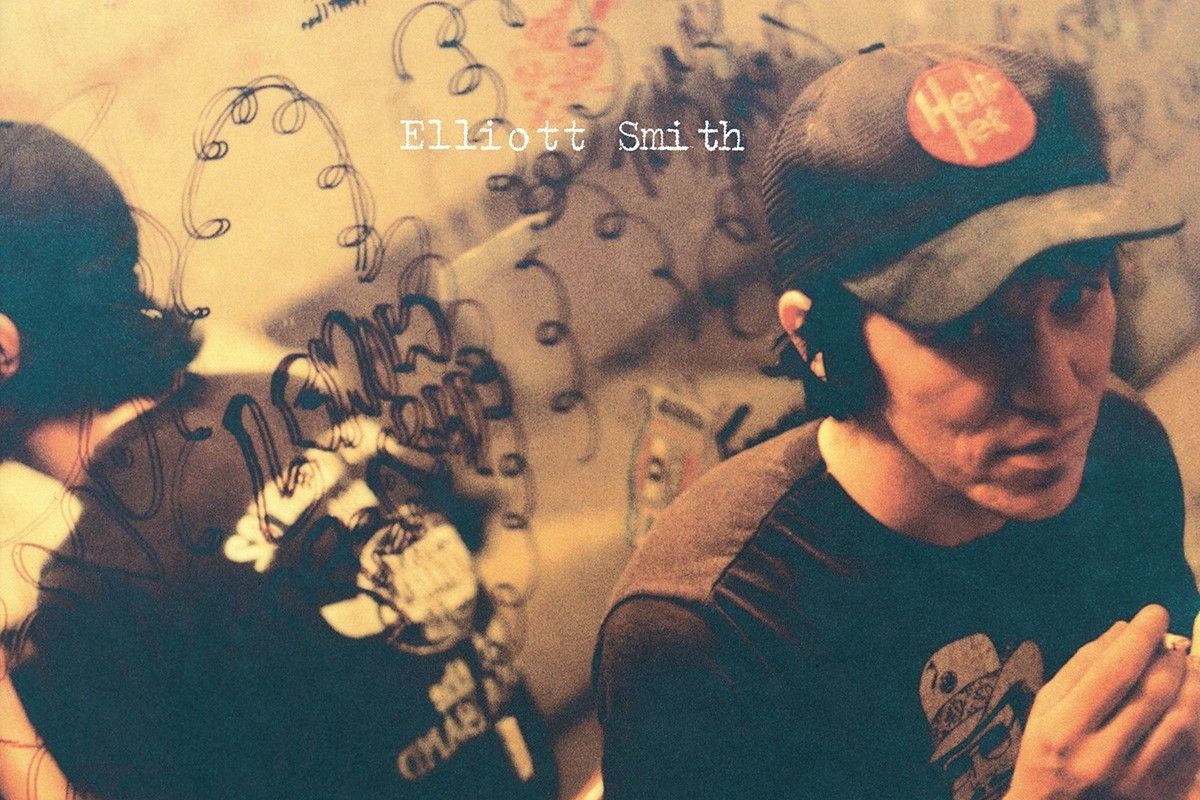Throwback: 25 years on, Either/Or is still perfect beautiful misery

It’s been 25 years since the untimely passing of singer songwriter legend Elliott Smith, and while not necessarily a household name, Smith’s stamp upon the music scene has endured long beyond his years. Whether it be heard within the playlist of a coffee shop, or within the soundtrack of the feel-good film classic Good Will Hunting, Either/Or wraps around you like a vintage jacket that fits perfectly on first wear. And while it’s his most commercially successful album, Either/Or is also Elliott Smith’s masterpiece, emblematic of the perfection found in his ingenious approach to indie folk.
Many of the tracks on the album are ones that are probably very familiar to casual listeners, and for good reason. “Between the Bars” is the heartbroken and heavy-souled fourth track on the record, and is uniquely desolate yet comforting. Smith’s voice has characteristics of the quiet and soft-spoken style of singer songwriter Nick Drake, yet his delivery of the lines ranging from timid to proudly defiant proves dynamic, and stays fresh with every listen.
The standout track on the record is undoubtedly “Angeles.” Written during Smith’s move from Portland to Los Angeles, and in turn transforming from the nascent star into the bright lights, his lyrics reflect the similarities between the loss of a romantic relationship and this major transition period. “Angeles” seems to be the comfort that one finds critical at the very lowest points of their lives, noting on the positive points of previous experience while also noting how unfortunate these same situations truly are.
Other well-loved tracks on the album include “Speed Trials,” “Alameda,” “Say Yes,” and “Ballad of Big Nothing.” On these tracks, Smith’s breathy vocals wade into the ears like a warm blanket, masking the often depressing lyrical content. Paper-thin, double-tracked vocals recorded on a four-track cassette gives a softness to “Speed Trials” that wraps around the listener, despite the description of a loss of personal autonomy in the lyrics. “Alameda,” a reference to Alameda Street in Portland, continues the intimate vocal style as Smith details his personal life and regrets of letting people in too close, heard in “Nobody broke your heart / you broke your own ‘cause you can’t finish what you start.” On “Ballad of Big Nothing,” a mockery-laden track about a drug addict, Smith utilizes an upbeat background of guitarwork and percussion to juxtapose the inherently depressing nature of losing the joy of life to addiction. In essence, Either/Or is not just a showcase of Smith’s supreme ability to create a great sonic atmosphere within each track, but also underscores his timeless songwriting.
While the commercially successful tracks are worthy of their love, many of the lesser-known songs on the album provide the listener with remarkable performances like any other. Cuts such as “No Name No. 5,” “Rose Parade” and “2:45 AM” are nearly flawless tracks in their own right, and have generally gone without their due praise.
While the guitar chords seem incredibly simple to a casual listener, the chord progressions in this album create a fluttering around the eardrum, pushing around the listener’s emotions in a truly addictive manner. No matter if it’s the first listen or the thousandth, Smith’s ability to manipulate emotions without much apparent effort has made him something of a cult classic. Smith isn’t trying to make music that is overly dramatic, and the stripped-back nature of both his lyricism and production provides a softer edge that compliments his vocals perfectly.
Either/Or is nothing short of a singer-songwriter classic. While many casual fans may only know of the most iconic tracks, there is truly not a bad second on the entire record. Either/Or is not just a great nostalgia driver, but an album full of authenticity that works to paint a canvas of beautiful misery.